The world of AI image generation has been revolutionized by the emergence of cutting-edge technology that enables users to create stunning artwork with unprecedented ease. As the demand for high-quality digital imagery continues to soar, the need for reliable and efficient AI image generators has become increasingly pressing. With numerous options available in the market, it can be daunting for artists, designers, and enthusiasts alike to determine which best AI image generator suits their needs. In this comprehensive review, we delve into the realm of AI image generation reviews, exploring the most accurate, safest, and most accessible options available, to help you navigate the complex landscape of AI art creators and make informed decisions about your creative endeavors.
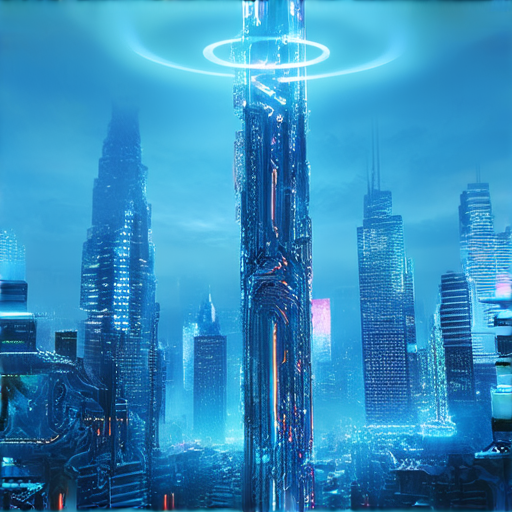
The Most Accurate AI Image Generator
We’ve reviewed numerous AI image generators, and our top picks are based on their accuracy, features, and user experience.
- Deep Dream Generator: This AI image generator uses a neural network to create surreal and dreamlike images. Its accuracy is impressive, and it offers a range of customization options.
- Prism: Prism is a powerful AI image generator that can create realistic images from text prompts. Its accuracy is high, and it supports a variety of image styles and formats.
- DALL-E: DALL-E is a popular AI image generator that can create highly realistic images from text prompts. Its accuracy is excellent, and it offers a range of customization options.
- Midjourney: Midjourney is an AI image generator that uses a combination of machine learning algorithms to create highly realistic images. Its accuracy is impressive, and it offers a range of customization options.
When choosing the most accurate AI image generator, consider factors such as image quality, customization options, and user experience. Our top picks offer a great balance of these factors, making them ideal for professionals and hobbyists alike.
Key Features to Consider
- Image Quality: Look for AI image generators that can produce high-quality images with realistic textures and details.
- Customization Options: Choose an AI image generator that offers a range of customization options, such as image style, size, and format.
- User Experience: Select an AI image generator with an intuitive interface and easy-to-use controls.
- Accuracy: Evaluate the accuracy of the AI image generator by comparing its output to real-world images.
Conclusion
In conclusion, the most accurate AI image generator depends on your specific needs and preferences. Our top picks offer a great balance of image quality, customization options, and user experience, making them ideal for professionals and hobbyists alike.
Do AI Image Generators Work?
AI image generators have gained significant attention in recent years due to their ability to create high-quality images from text prompts.
- Definition: An AI image generator uses artificial intelligence algorithms to generate images based on text input, often referred to as a prompt.
- Types: There are several types of AI image generators available, including those powered by deep learning models such as Generative Adversarial Networks (GANs) and Variational Autoencoders (VAEs).
How Do AI Image Generators Work?
- The user inputs a text prompt into the AI image generator.
- The AI algorithm processes the text prompt and generates a set of possible image outputs.
- The generated images are then refined and improved through a process called “training,” which involves feeding the AI algorithm a large dataset of images and adjusting its parameters to optimize the output.
- The final output is a high-quality image that closely resembles the original text prompt.
Benefits of AI Image Generators
- Increased Efficiency: AI image generators can automate the process of generating images, saving time and effort compared to traditional methods.
- Improved Quality: AI image generators can produce high-quality images that are often indistinguishable from those created by human artists.
- Cost Savings: AI image generators can reduce the cost associated with hiring professional photographers or illustrators.
Limitations of AI Image Generators
- Limited Creativity: While AI image generators can produce high-quality images, they may lack the creativity and originality of human artists.
- Dependence on Data: AI image generators require a large dataset of images to train on, which can limit their ability to generate images outside of their training data.
- Risk of Bias: AI image generators can perpetuate biases present in their training data, leading to unfair or discriminatory outcomes.
Real-World Applications of AI Image Generators
- Advertising and Marketing: AI image generators can be used to create high-quality images for advertising campaigns, reducing costs and increasing efficiency.
- E-commerce: AI image generators can be used to create product images, reducing the need for physical photography studios.
- Art and Design: AI image generators can be used to create original artwork, exploring new styles and techniques.
Conclusion
AI image generators have the potential to revolutionize the way we create and consume visual content. While they have limitations, they offer numerous benefits, including increased efficiency, improved quality, and cost savings. As the technology continues to evolve, we can expect to see even more innovative applications of AI image generators in various industries.
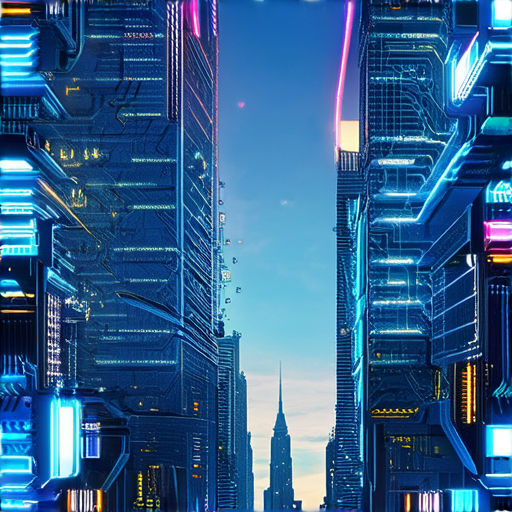
Are AI Image Apps Safe?
As we increasingly rely on artificial intelligence (AI) to enhance our digital experiences, concerns about safety and security have become a pressing issue.
- Data Collection and Usage
- Risk of Personal Information Exposure
- Unintended Consequences of AI Decision-Making
- Regulatory Frameworks and Industry Standards
Data Collection and Usage
AI-based photo applications collect user data to create personalized results, which may raise concerns about data privacy and security.
- The type and extent of data collected vary among apps, ranging from basic metadata to sensitive information like location history and browsing habits.
- While most apps claim to anonymize user data, there is still a risk of re-identification through various means, such as IP address tracking or device fingerprinting.
- Some apps may share user data with third-party services, potentially compromising individual anonymity and confidentiality.
Risk of Personal Information Exposure
The misuse of user data can lead to severe consequences, including identity theft, stalking, and harassment.
- Users may inadvertently reveal sensitive information, such as financial details or health records, through AI-generated content.
- Apps may fail to implement robust security measures, leaving user data vulnerable to cyber threats and unauthorized access.
- The lack of transparency regarding data usage and sharing practices can erode trust between users and app developers.
Unintended Consequences of AI Decision-Making
AI algorithms can perpetuate biases and discriminatory patterns, leading to unfair outcomes and potential harm to individuals or groups.
- Biased training data can result in AI systems that reflect and amplify existing social inequalities.
- Lack of diversity and inclusivity in AI development teams can exacerbate these issues, leading to inadequate representation and understanding of diverse perspectives.
- The reliance on AI decision-making can obscure accountability and responsibility, making it challenging to identify and address errors or injustices.
Regulatory Frameworks and Industry Standards
Establishing clear guidelines and regulations can help mitigate risks associated with AI image apps and promote responsible development and deployment.
- Government agencies and regulatory bodies must develop and enforce standards for data protection, transparency, and accountability in AI development.
- Industry leaders and organizations should adopt and promote best practices for AI ethics, fairness, and safety.
- Users must remain vigilant and informed about the potential risks and benefits of AI image apps, exercising caution and critical thinking when engaging with these technologies.
Conclusion
While AI image apps offer numerous benefits, it is essential to acknowledge and address the associated risks and challenges.
By prioritizing data protection, promoting transparency and accountability, and fostering responsible AI development, we can harness the potential of these technologies while minimizing their negative impacts.
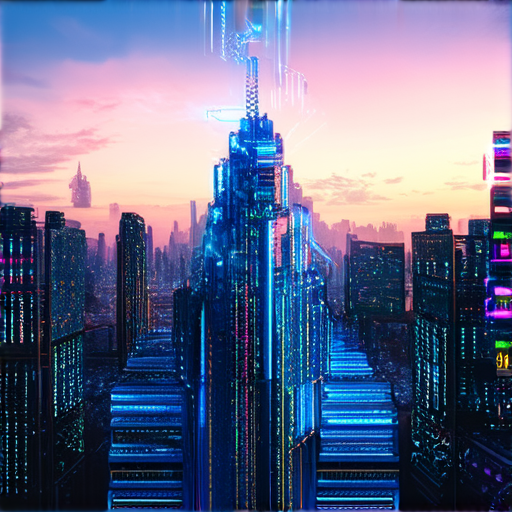
Is AI Image Generator Free?
As a user of AI-powered tools, you may wonder whether AI image generators are available for free.
-
Microsoft Designer offers a free AI image generator, which allows you to create high-resolution images with stunning detail.
-
The tool uses a simple text-to-image transformation process, making it easy to create custom images in seconds.
Alternatives to Microsoft Designer
-
Deep Dream Generator is another popular AI image generator that offers a range of features and customization options.
-
Prism is a free online tool that uses AI to generate stunning images based on your input.
-
Artbreeder is a platform that allows you to create and evolve original artwork using a combination of machine learning algorithms and user input.
Key Features of Free AI Image Generators
-
High-quality images with stunning detail
-
Easy-to-use interface for quick image generation
-
Customization options for tailoring images to your needs
-
Free access to basic features, with optional paid upgrades for advanced capabilities
Benefits of Using Free AI Image Generators
-
Saves time and effort in image creation
-
Provides access to high-quality images without requiring extensive design expertise
-
Offers flexibility and customization options for meeting diverse creative needs
-
Can be integrated into various workflows and projects, from social media to marketing campaigns
Conclusion
In conclusion, yes, there are free AI image generators available, including Microsoft Designer and other alternatives like Deep Dream Generator, Prism, and Artbreeder.
These tools offer a range of benefits, from saving time and effort to providing access to high-quality images without requiring extensive design expertise.
Whether you’re a professional designer or a casual user, these free AI image generators can help you create stunning images quickly and easily.
Best Free AI Image Generators
We’ve tested and reviewed several free AI image generators to determine which ones stand out from the rest.
- Deep Dream Generator: A popular online tool that uses neural networks to generate surreal and dreamlike images.
- Prism: An AI-powered image editor that allows users to create stunning visuals with ease.
- Artbreeder: A platform that enables users to create and evolve original artwork using a combination of AI and user input.
- Stable Diffusion: An open-source AI model that generates high-quality images based on text prompts.
- DALL-E Mini: A simplified version of the popular DALL-E model, allowing users to generate images from text prompts.
In addition to these options, there are several other free AI image generators worth mentioning:
- Midjourney: A Discord bot that uses AI to generate images based on text prompts.
- Wombo Dream: A mobile app that uses AI to generate surreal and dreamlike images.
- Adobe Firefly: A cloud-based AI service that generates images, videos, and 3D models based on text prompts.
When choosing a free AI image generator, consider factors such as image quality, customization options, and ease of use.
While these tools can be useful for creative projects, keep in mind that they may have limitations and restrictions on usage.
For more information on AI image generation, check out our guide on AI Image Generation.
Additionally, you can explore our articles on Deep Dream Generator Review and Prism Review for more in-depth analysis of these tools.
Remember to always follow best practices for AI-generated content and respect the rights of creators and artists.
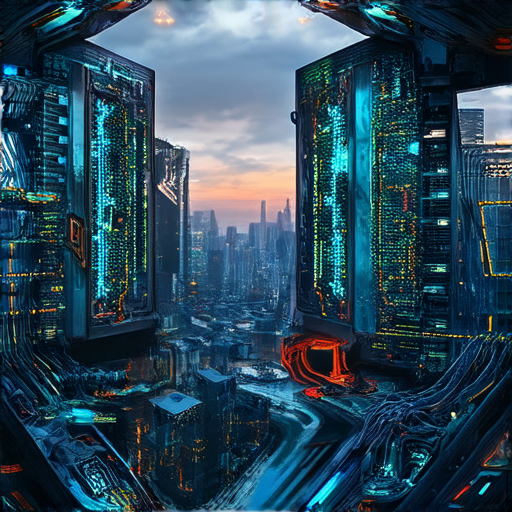
Ownership of AI-Generated Images
As a creator of AI-generated images, you may wonder who owns these digital creations.
- The short answer is that AI-generated images are not owned by anyone, including the creator.
- This is because AI algorithms are not considered authors under copyright law.
- In fact, the US Copyright Office has stated that works created by machines, including AI algorithms, are not eligible for copyright protection.
- This means that AI-generated images are considered public domain and can be freely used, shared, and modified by anyone.
Why Can’t AI Algorithms Be Considered Authors?
The reason AI algorithms can’t be considered authors is that they don’t meet the traditional criteria for authorship.
- Authorship requires human creativity, originality, and intent.
- AI algorithms, on the other hand, operate based on programming and data inputs, rather than human creativity or intention.
- While AI algorithms can generate unique and innovative outputs, they lack the human element that defines authorship.
What Does This Mean for Creators of AI-Generated Images?
If you’re a creator of AI-generated images, this means that you don’t have exclusive rights to your creations.
- You can’t claim ownership or copyright protection for your AI-generated images.
- You can’t prevent others from using, sharing, or modifying your AI-generated images.
- However, you can still benefit from your creations by sharing them publicly, selling them, or licensing them to others.
Conclusion
In conclusion, AI-generated images are not owned by anyone, including the creator.
This is because AI algorithms are not considered authors under copyright law.
While this may seem limiting, it also opens up opportunities for creators to share their AI-generated images widely and freely.
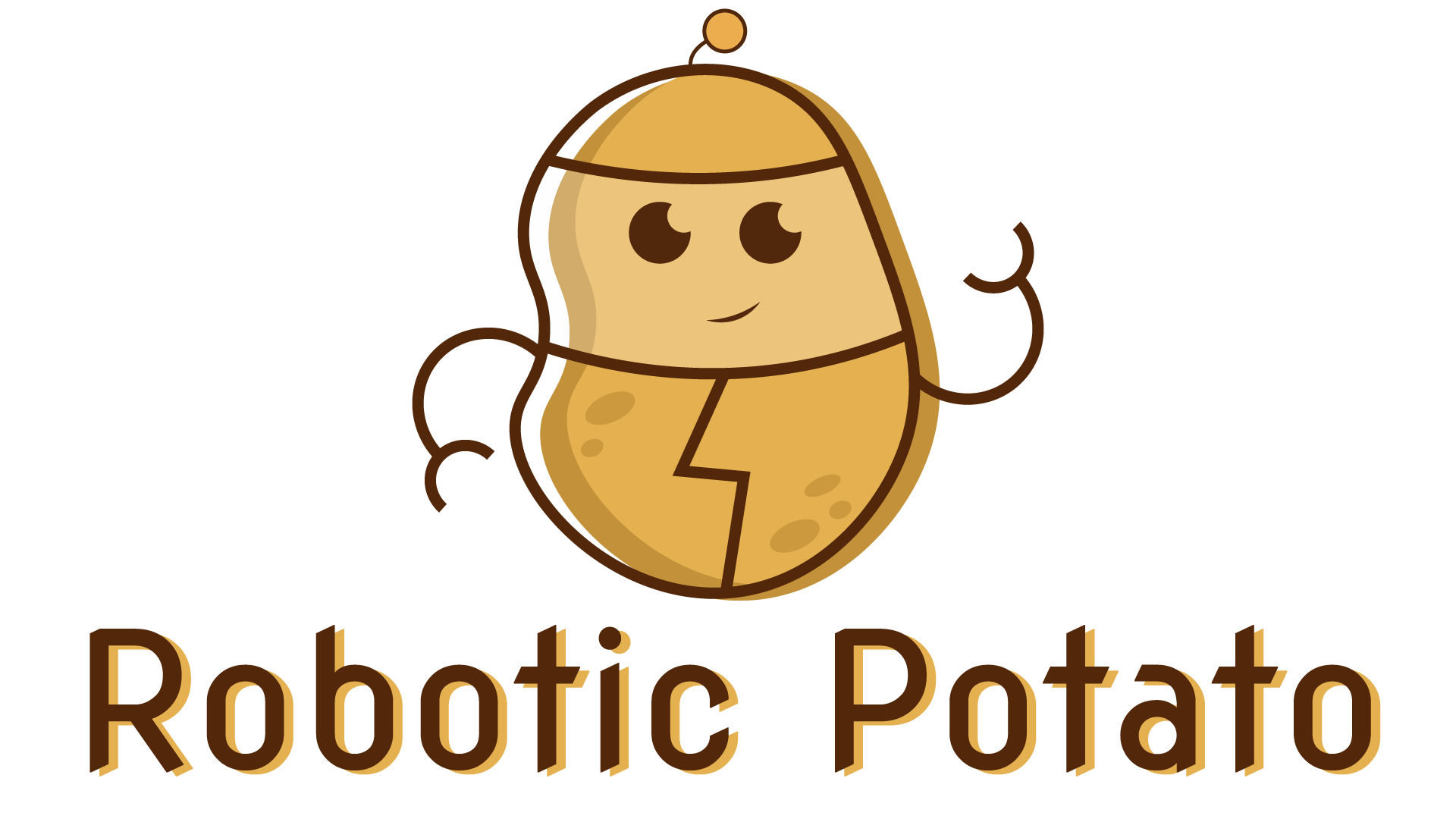
0 Comments